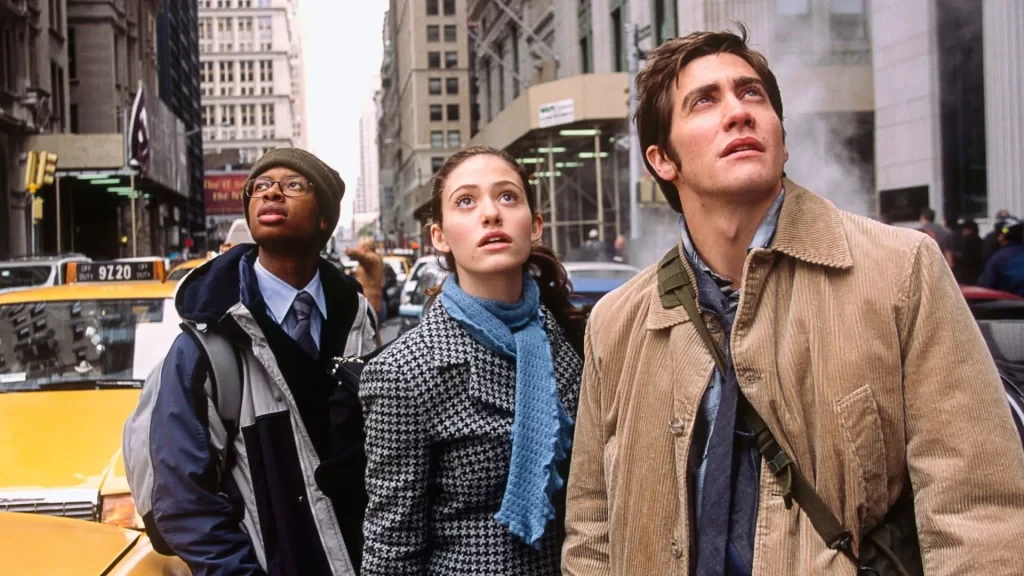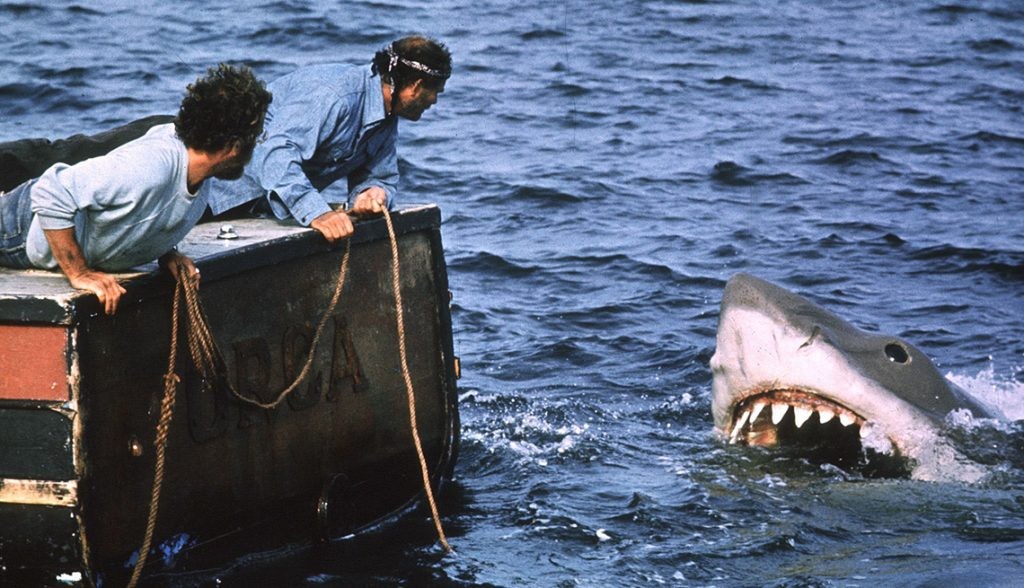Jake Gyllenhaal has been part of several thought-provoking and inspiring movies, tackling complex human themes and experiences to challenge popular discourse. Among his many movies, there lies a forgotten one that changed the world and the audience forever. Gyllenhaal’s The Day After Tomorrow, although having extreme creative liberties, was instrumental in challenging people’s perceptions of climate change forever.

Its impact was such that it even left behind Steven Spielberg’s Jaws, a movie that the director has several times stated he regrets making. Unlike Jaws’ negative impact, The Day After Tomorrow led to positive and constructive changes.
How Jake Gyllenhaal’s Forgotten Movie Forever Changed The World

When Jake Gyllenhaal‘s The Day After Tomorrow was released, climate change was still a very hushed and taboo subject, with the general people even calling it a farce. Even though the movie significantly took extreme creative liberties, over-sensationalizing the impacts it would cause, the movie was an immediate success in challenging people’s opinions and perceptions regarding the catastrophe.
Not only did it introduce positive discourses among the general public, but the movie also became a means of educating the masses about the detrimental impact of issues like global warming, climate change, and ecological degradation. For the first time, a movie generated such a huge change, bringing these complex themes into general discourse and public spaces instead of having them remain confined within the four walls of academia.
Unlike Steven Spielberg‘s Jaws, which led to a negative image of sharks and led to extreme shark hunting, and heightened fears of the ocean beings, The Day After Tomorrow had a meaningful impact that spread to political circles as well. Even though it was criticized for its over-dramatic adaptation of the issue, the over-dramatization was instrumental in changing world opinions for good.
Unlike an illogical fear of sharks and misrepresentation of animal and marine biology by Jaws, Gyllenhaal’s movie, although equally scientifically inaccurate was a catalyst of change and continues to remain so.
Steven Spielberg Regrets Making His Oscar-Winning Movie

Jaws was an extreme commercial success, grossing over $476 million against a budget of a measly $9 million. It remained the top-grossing movie for two years and earned several notable nominations and wins. Despite such critical acclaim, the movie has had a controversial history.
The misrepresentation of sharks created a mass hysteria stemming from an illogical fear of the creatures. It eventually led to extreme shark hunting and fishing, having detrimental ecological impacts. It eventually led to numerous movies and stories being made on similar themes, making it harder for scientists and conservationists to change people’s perceptions.
Due to all these reasons and more, Spielberg revealed to BBC Radio 4’s Desert Island Discs that he regretted making the movie.
“I truly, and to this day, regret the decimation of the shark population because of the book and the film. I really truly regret that.”
These two instances shed light on the profound impact movies and cinema can have on the world. In a world so intimately interconnected as ours, the need for responsible filmmaking has never been more pressing and vital.


